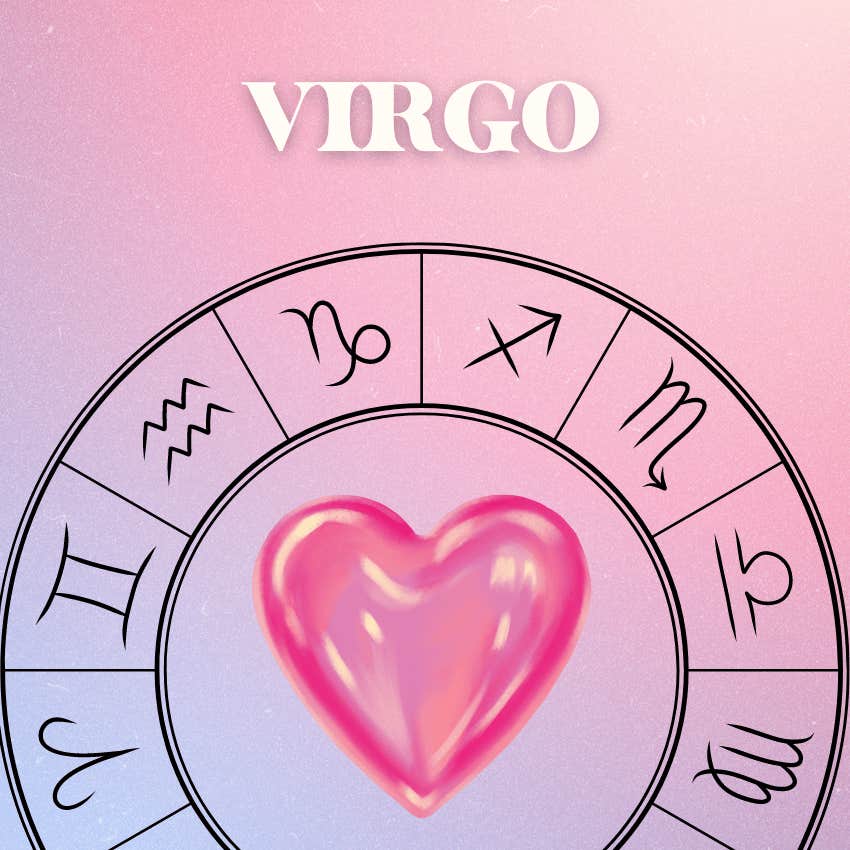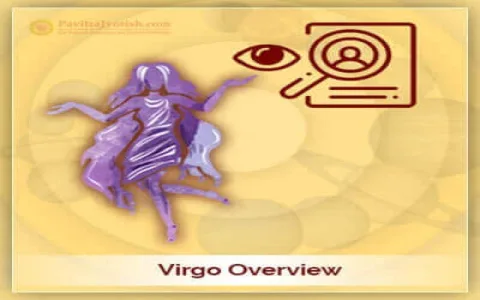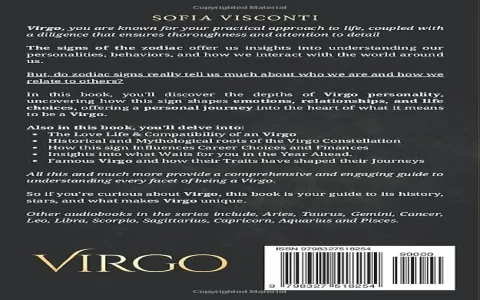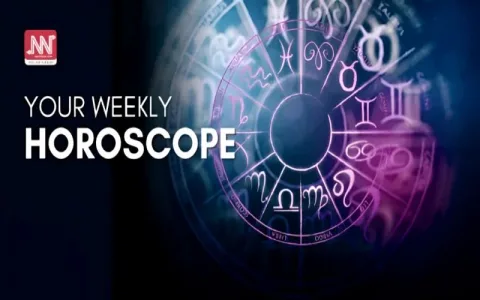Look, I’m usually the guy who rolls his eyes at anything labeled ‘horoscope.’ I deal in practical steps, in things you can measure and touch. But let me tell you, I was desperate. My love life had turned into a comedy of errors—or rather, a tragedy of persistent, annoying setbacks. It wasn’t big breakups; it was the micro-aggressions of fate.
I’m talking about three straight weeks where every potential connection just fizzled out, often because of the dumbest, most avoidable stuff. First, a coffee date cancelled because her alarm clock malfunctioned. Then, a dinner reservation I confirmed twice somehow got lost by the restaurant’s system. Finally, I found myself waiting 45 minutes for someone who swore they were already there, only to realize we were at two completely different locations six blocks apart. It felt like I was actively attracting the universe’s smallest, sharpest pebbles. I started calling it the ‘Bad Luck Blob.’
The Crisis Point and the Radical Shift
I kept analyzing the women, the locations, the scheduling—the standard Virgo move. I was trying to debug the external world. That’s when I stopped and thought about the core advice usually dumped on Virgos: we overcomplicate and we internalize. Bad luck isn’t a cosmic punishment; it’s often the result of letting fuzzy, low-energy situations fester because we are too polite or too hesitant to define boundaries fast.

I made a rule, a practice I committed to for exactly seven days. The goal: cut the fuzz immediately. If I smelled ambiguity or inconvenience, I didn’t try to fix it; I moved on instantly. This was my personal, aggressive ‘luck reversal’ sprint.
Putting the Theory to the Test: Three Steps I Executed
I started by clearing the decks. I looked at the contacts I had lingering—the ones who always gave soft ‘maybes’ or ‘I’ll let you knows.’ My first step was drastic and uncomfortable.
Step One: I Killed the ‘Soft Maybe’ List.
I went through my texts. There was one person, Sarah, who was notorious for agreeing to plans and then needing constant confirmation leading up to it, always pushing the anxiety button. I usually tolerated it, thinking I was being patient. This time, when she messaged me a vague, non-committal apology about why a planned activity might not work out three days in advance, I didn’t offer an alternative. I didn’t try to reschedule. I just wrote back: “Understood. Enjoy your week.” And I dropped the interaction.
I felt a pang of guilt, but also immediate relief. I pulled the plug on the draining ambiguity. That emotional space, which used to be occupied by waiting for her to decide, was suddenly empty.
Step Two: The Three-Strike Rule (Implemented in Real-Time).
I went on a new date. Usually, if something small went wrong—maybe she was 15 minutes late without explanation, or she spent half the time looking at her phone—I would discount it, trying to be fair. I’d justify it as ‘first date nerves.’ This time, I set a clear internal benchmark.
- Strike one: Showing up 10 minutes late with a flimsy excuse. I noted it.
- Strike two: Interrupting me mid-sentence to check her social media notifications.
- Strike three: Complaining about her ex for 20 continuous minutes.
At strike three, I didn’t storm out or cause a scene. I simply shut down the investment. I changed the conversational topic to neutral, surface-level stuff, paid for my drink, and ended the date politely but firmly 30 minutes earlier than planned. I didn’t offer a follow-up. I walked away and immediately archived the chat. The usual bad luck pattern is getting dragged into a toxic cycle because you gave too many chances. By pulling the plug quickly, I denied the bad luck system fuel.
Step Three: Prioritizing Personal Energy Over Pleasing Others.
This felt like the biggest luck reversal tool. I usually structured my week around potential date opportunities. I would keep Friday night open ‘just in case’ someone finally confirmed. This week, I filled my schedule completely with things that made me feel good—gym, an overdue house project, seeing old friends. I made myself the centerpiece, not an appendix waiting for an external invitation.
When a new match texted asking, “What are you doing Friday?” I didn’t instantly clear my schedule. I checked my calendar (which was full) and told her, “I’m tied up Friday, but I can definitely do Sunday afternoon.”
The shocker? She immediately confirmed Sunday. No fuss, no drama, no dragging of feet. The dynamic had totally changed. When I had been vague and overly available, I attracted vagueness and cancellations. When I became defined and valued my own time, I attracted definition and respect.
The Immediate Fallout
What I learned is that “bad luck” in love isn’t external karma; it’s the vacuum created by my own lack of firm boundaries. The moment I started implementing rigid, clear rules—the very thing that Virgos are supposedly too uptight about—the bad luck vanished. It wasn’t because the stars aligned. It was because I refused to entertain low-energy, low-commitment situations.
That Sunday date, the one I scheduled based on my availability, was the best date I’d had in six months. Why? Because the person who agreed to it had to meet my defined schedule. They were already showing a baseline level of respect and commitment that the ‘Bad Luck Blob’ relationships never offered.
I dismantled the cycle by acting fast. I didn’t analyze, I didn’t overthink, I just acted on the principle: low effort gets cut. High effort gets the space. If you want to avoid bad luck fast, stop waiting for the cosmic sign and start making some immediate, sharp decisions about who and what deserves your time.







